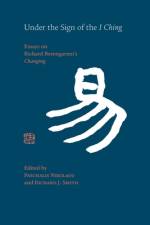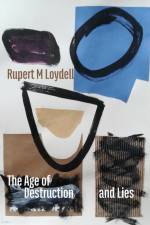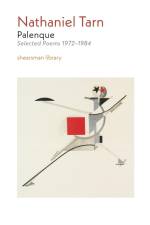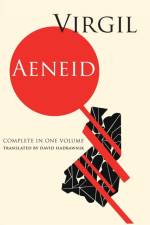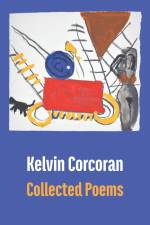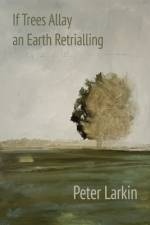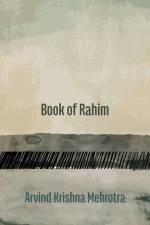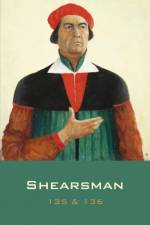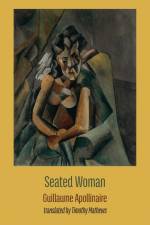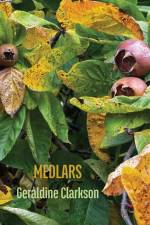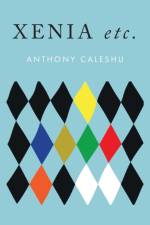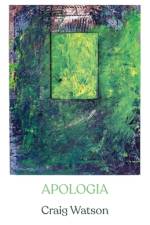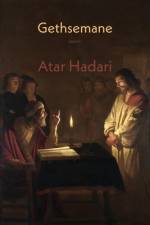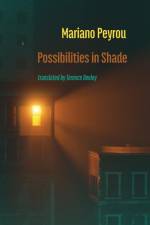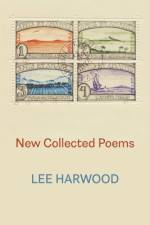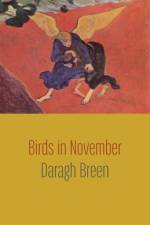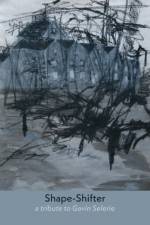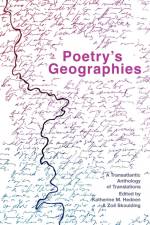von John Levy
22,00 €
The earliest poem in this book ('The Sleeper's Blue Shirt') is from 1972. The most recent poems are from 2022. Ken Bolton edited this selection, drawing from five books and one chapbook."John Levy has a magical deftness that makes world upon world appear out of nowhere. He marvels at the most ordinary circumstances and things (waiting for a bus, wrong numbers, accordion straps, a hammer, the letter K) and when he does so, there is nothing else in the universe. The work is meticulous, precise yet always unlabored. The poems come from Paris, Kyoto, Greece, Tucson, Edinburgh (among other places), and the poet has worked as a public defender. Reading Levy's wondrous poems, I say to myself again and again, "so this is how it's done!" His book is like no other."-John Martone"Ranging from haiku-like concision to freewheeling improvisation, from Kyoto to Tucson, Greece to Brighton, accordion straps to the letter K, John Levy's poems delight in renewed amazement at word and world. The characteristic mode of address is that of a letter writer, writing from love, friendship, encounters with strangers, not least a goat, with whom the author once had 'a longish,' and surprisingly significant, 'talk in Goatish'. Shot through with humour, enjoyably unafraid to 'digress', embracing grief as well as sheer happiness, these are thoroughly hospitable poems, which we, too, can 'open up within'. The tone is conversational, the subject matter unpretentious, in the tradition of William Carlos Williams. Poetry as playful and refreshing as this, yet also showing such care, is a rare and precious thing."-Philip Rowland"Levy is a special sort of magician, hypnotist, sleight-of-time trickster...inviting everyone to the world inside his poems, he invites them to play, to live it out like a tapestry of how it could be. Levy isn't afraid of the big question so death strolls in and out of the pages just like in real life...Collectively these poems have a strong effect on the reader...This is marvellous poetry... Everyone should read some John Levy." -Michael Dennis

